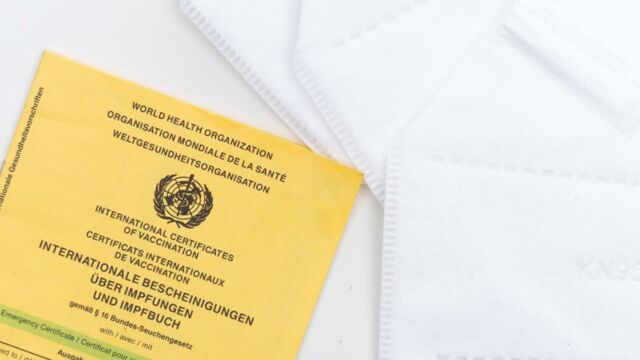COVID-19 vaccine passports have been debated since the moment the idea was brough to the table here in the UK. While in other countries, like Israel, have already introduced them to closely monitor the circulation of the virus.
Discover our latest podcast
The pros and the cons
According to Ursula von der Leyen, the European Commission (EC) president, the 'Digital Green Pass' would be essential in boosting the travel and tourism industries which are in dire need of saving as they were one of the most, if not the most, affected sectors of the global economy. She also explains that:
The Digital Green Pass should facilitate Europeans' lives. The aim is to gradually enable them to move safely in the EU or abroad for work or tourism.
But not everyone is as optimistic about 'freedom passports' has Ms. von der Leyen. Although there's no denying its utility would be beneficial for many of our bleeding industries, the World Health Organization's leader of the public health emergencies program, Dr. Mike Ryan, believes that introducing them on a wider scale could be harmful in other ways. During a virtual news conference, the top medic said:
This is a complex issue...There are ethical issues regarding equity, we already have a huge issue with vaccine equity in the world. The imposition of requirements for certification of vaccination before travel could introduce another layer or such inequity.
And added:
If you don't have access to a vaccine in the country then you will effectively become isolated as a country as vaccine passports kick in. So there are many, many, many issues.
A recommendation to be reconsidered?
As it currently stands, the WHO have temporarily supported the use of vaccine passports for international travel as some corridors have progressively been opening up. However, they will be getting together on 15 April to conclude whether or not they should make the recommendation permanent.















